Top 8 Mauritanian Culture, Customs and Etiquette
Mauritania is a country in Northwest Africa with a distinct culture. Its many indigenous communities' cultures blend harmoniously and reflect influences from ... read more...numerous other cultures. To learn more about this African country, keep on reading this list of Mauritanian culture, customs and etiquette.
-
The handshake is the most popular way of greeting among men, albeit the hands are usually clasped and held rather than shaken up and down. It is not uncommon for one guy to grasp the other man's hand between both his throughout the duration of the greeting.
Handshakes are the most popular style of greeting among women, although they are usually gripped and held rather than shaken up and down. Some women will kiss on both cheeks, and close friends and family members may embrace twice, once on each side.
When men greet women, a verbal greeting or nod of acknowledgment is generally the norm. When greeting Maur women, foreign males should wait for the woman to extend her hand. Most women will refuse to shake the hand of a foreign man. Men and women will shake hands while meeting members of the same sex in some instances, such as when greeting a mixed group, but when greeting members of the opposing sex, they will place their right hand in the middle of their chest.
The greetings may be in Hassaniya, Pulaar, Sonnike, or Woloof, but the feelings would be the same. Also, the same answer applies to the majority of the questions. "Peace only," "Machallah-or As God has willed," "Thank you, God," and so on. When you listen, you will notice that people do not always react to the questions they are asked, but instead respond with their own greetings.
The purpose of greetings, like in many Western cultures, is not to obtain information. When you ask, "How are you?" you usually get the response, "I'm OK," because the greeting is politeness. It is the same in Mauritania; it just takes a little longer. During the greeting, questions are frequently repeated numerous times. This is not regarded as unusual. Greetings will last longer between people who haven't seen each other in a long time or between close friends.

https://nypost.com/ 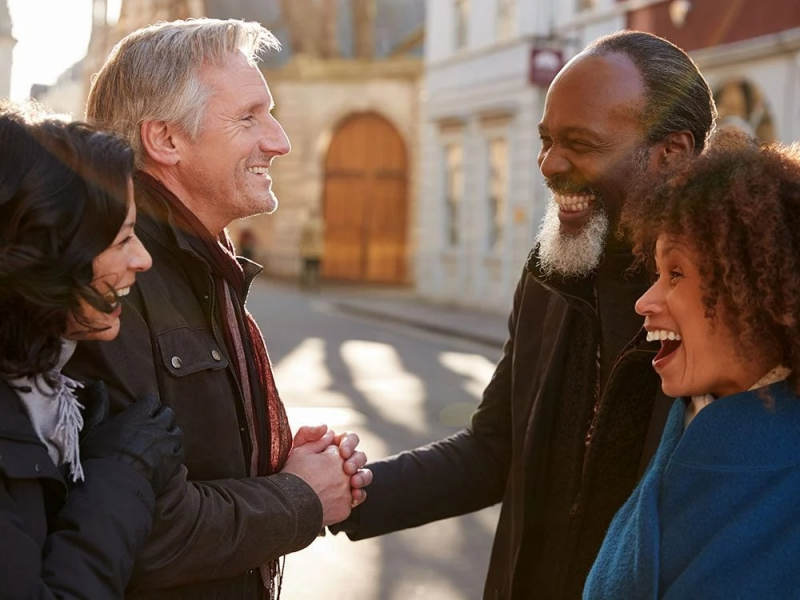
https://www.readersdigest.ca/ -
Mauritanians are straightforward communicators, especially when discussing what they want. This may appear weird to a visitor because the expressions "please" and "thank you" are not commonly heard in everyday speech. It is an element of cultural hospitality.
It is the person's job to provide hospitality to visitors in their home so that guests do not have to do anything for themselves. Mauritanians will not criticize you for getting up and doing something, such as obtaining water for yourself, unless you become a member of the family or a very close friend. This is expressed in the vocabulary, with many people saying "Give me the water" or "Hand me the water." "Please" is never used, although this is not considered rude. People will just demand things because it is expected, knowing that when the position is reversed, they will provide the same hospitality to guests in their home. Keep reading to discover more Mauritanian culture, customs and etiquette.
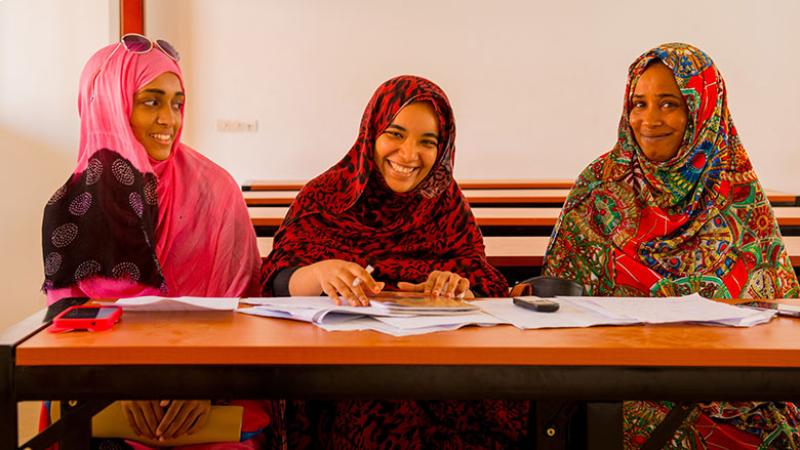
https://km.visamiddleeast.com/ 
https://www.freepik.com/ -
Mauritania is completely Muslim. The people are Sunni Muslims from the Khadria and Thiyania brotherhoods. Religion is a blend of Islam and traditional African beliefs. People believe in supernatural spirits because they believe that everything and everyone has life and is dangerous. Taboos are respected, and protection charms and amulets are utilized.
Each brotherhood has a founder who serves as a spiritual medium and is revered for his healing abilities. Through spiritual touch with these spiritual gurus, people can obtain a blessing. The power of the founders grows with their age. Traditional spiritual medicine practitioners have authority based on their local experience and value system.
Rituals are frequently tied to Islamic prayers. Tombs and graveyards are revered as sacred sites. People avoid going to those locations at specific times of the day, and they avoid cutting wood near a cemetery. Certain forests and trees are regarded as sacred, and they are used for healing. Every day, religious ceremonies are held in mosques or open fields. Prayers are held in open fields or in larger mosques in metropolitan areas during more important weekly festivities.
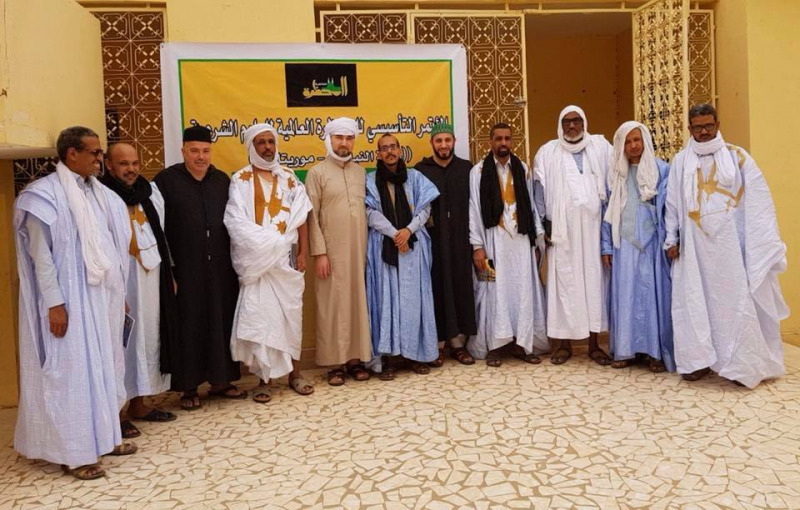
https://en.mahdara.org/ 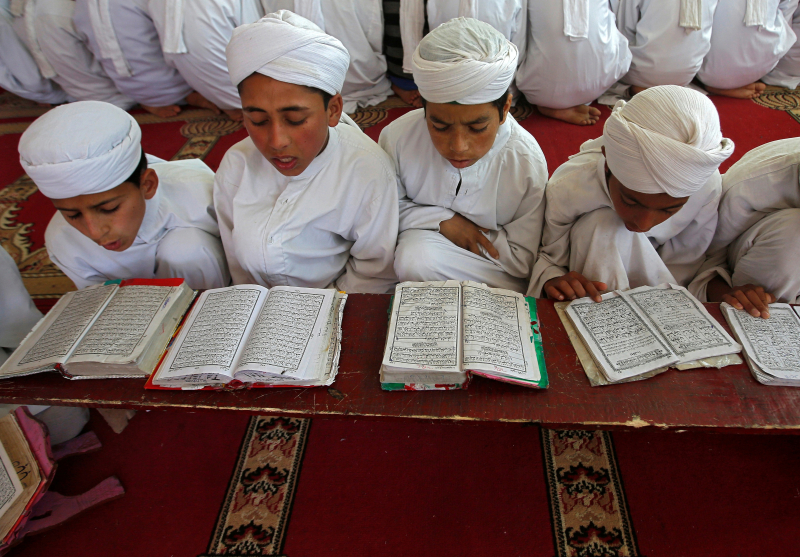
https://www.brookings.edu/ -
Social etiquette is one of Mauritanian Culture, Customs and Etiquette that you should know before visiting this African country. During conversations, there is usually relatively little personal space. An arm's length is usually a good starting point, however individuals of the same sex will typically pull you closer to chat with you. This is a privilege granted to friends, and many will do it to express that they consider you a friend, or wish to be. People will also do this when they ask you for something.
There is always space between members of the opposite sex, and when you are a visitor, you will normally be sitting by yourself somewhere, and that level of space is unusual and reflects how important they believe you are. However, many parts of daily living in do not allow for much space.
In general, members of the opposite sex do not touch. Although some males may shake the hands of foreign women in a business setting, this differs by region. Moors from the north rarely, if ever, touch women, whereas Pulaar and Woloof males from the south are less conservative.
While chatting, there is a lot of touching between members of the same sex. Holding hands is a normal occurrence that indicates nothing other than friendship. Traditional spiritual medicine practitioners have authority based on their local experience and value system.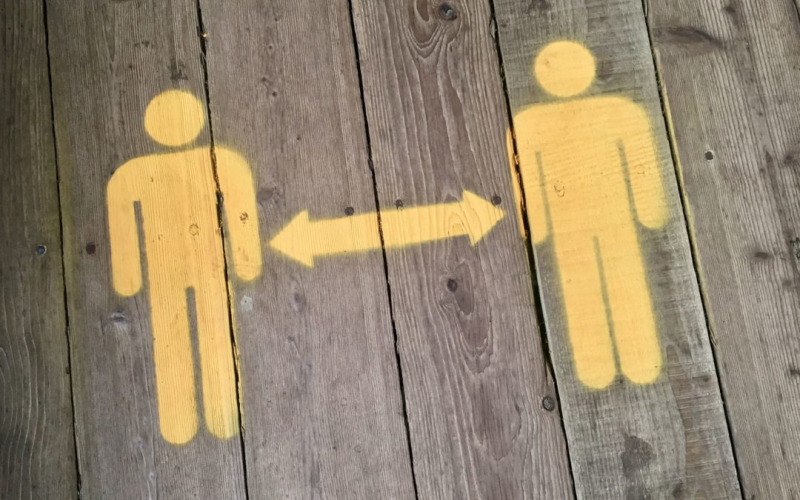
https://www.rachelbeohm.com/ 
https://www.burohappold.com/ -
The most important feature of Mauritanian business practices is courtesy. Prior to the COVID-19 health issue, it was common to begin and end a business meeting with a long-held handshake. It is best to wait for a cue from a traditionalist Mauritanian who will not shake hands with a person of the other sex on rare occasions. A polite Mauritanian will ask you how you are multiple times, potentially in different ways. Before getting down to business, most meetings begin with a significant period of small talk.
Mauritanians value rank and etiquette, and they frequently (mistakenly or not) feel that they must interact directly with a CEO to conduct business. Hotel conference rooms are ideal for business meetings. Mauritanians in general are very welcoming; they frequently serve grilled lamb (mechoui) dinners to business partners and tourists and would expect to be treated similarly while visiting the United States. Meals are never shared as a "Dutch treat". Mauritania is a Muslim country, and the eating of alcohol and pork is prohibited. Giving and receiving gifts is a popular Mauritanian custom. It is an honor for Mauritanians to provide a souvenir of the country to their visitors. Many Mauritanians who have gone abroad or have commercial dealings with foreign organizations or institutions value business cards.

https://bahrainofw.com/ 
https://surejob.in/ -
Marriage has been one of the most important events Mauritanians celebrate with huge delight. Mauritanians were not used to celebrating traditional weddings in the magnificent manner that they do now. In the country, the bride wears a black robe on her wedding day, which is a Bedouin tradition. The grooms, on the other hand, get married in white.
The bride looks stunning in her wedding gown. Lakhel is the name given to a black dress. This is a high-quality, beautifully embroidered linen that is stitched as soon as a girl is born. It would be an affront to your culture and customs if you did not wear it.
Under the veil is usually a garment of the same color. The veil is then scented with a pleasant-smelling traditional perfume. Her hands and feet must be decorated with intricate henna designs. The bride then accessorizes her look with a colorful, gleaming headgear known as a "lerouse." She also wears traditional accessories on her arms, neck, ears, and legs, as well as make-up on her face. In the past, Mauritanian brides used only eyeliner to line their eyes. Brides now wear a variety of makeup.
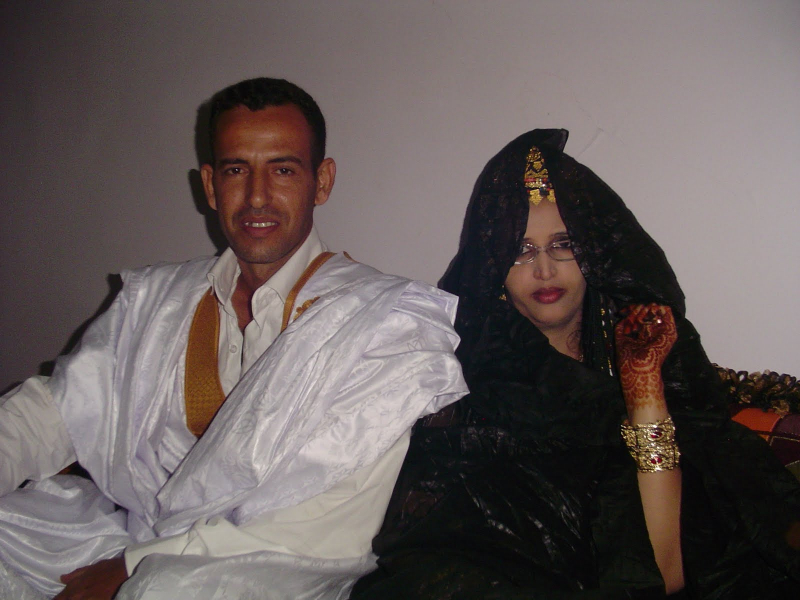
http://ahmedsuniverse.blogspot.com/ 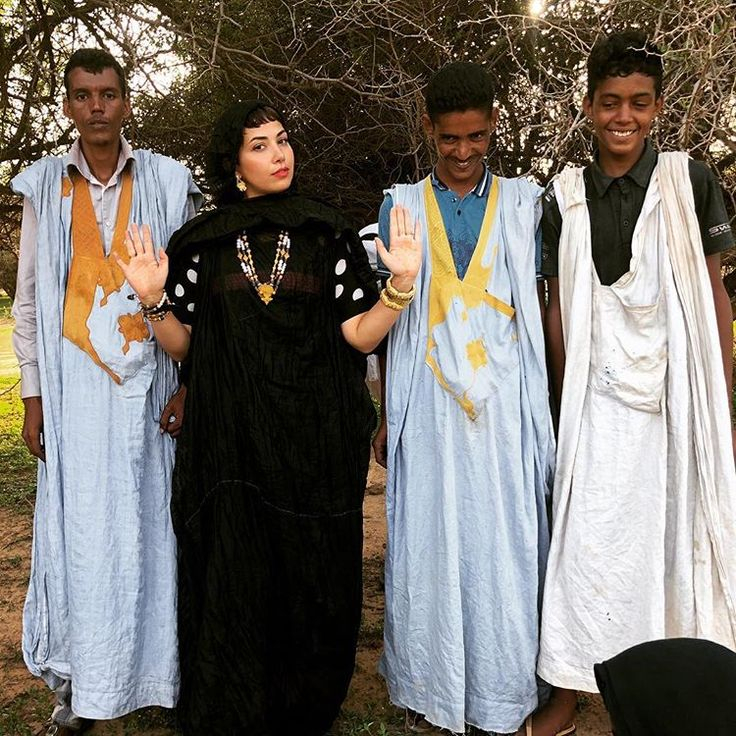
https://www.pinterest.com/pin/679902874972488783/ -
The severe terrain of Mauritania leads many people to live in poor, secluded settlements that reinforce rigid social norms and traditions. Various practices, including slavery, continue to harm the country's and its people's potential. Leblouh is one such tradition that has a negative impact on Mauritanian women and girls.
Obesity is a symbol of tremendous wealth and rank in Mauritania, which is located in Northwest Africa. Families started force-feeding girls at an early age as a result of this custom. They hope that by the age of 12, the girl will weigh at least 200 pounds. This increases her chances of finding a suitable husband. The age-old practice of Leblouh, or force-feeding girls for the purpose of beauty and marriage, in Mauritania continues to deprive its women of some of their most basic human rights.
The preference for heavier women is said to have originated centuries ago among the Moors, an ethnic group of mixed Arab and Amazigh ancestry that accounts for approximately three-fourths of the country's population. Members of the ancient community thought that men with huge wives were wealthy and could afford to feed them well despite the harsh desert lifestyle.
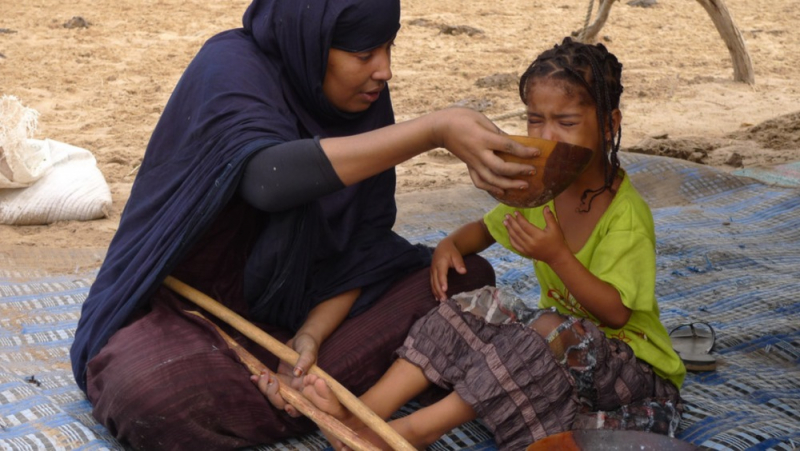
insidearabia.com 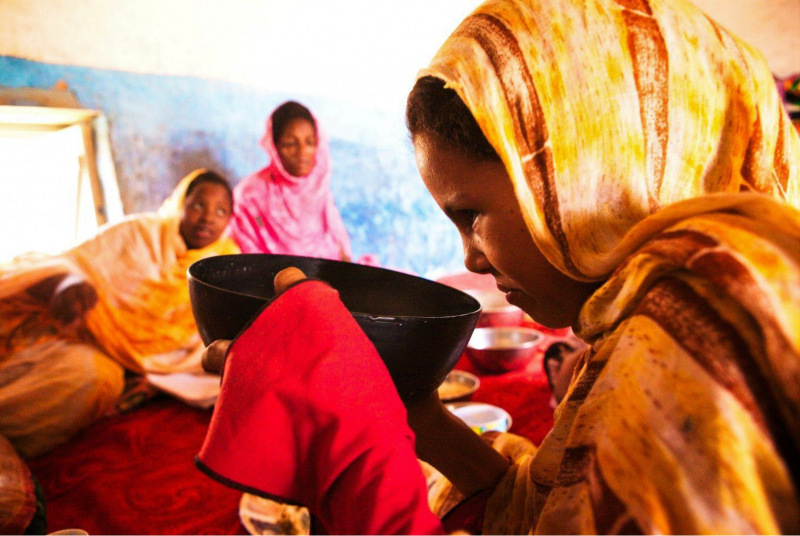
insidearabia.com -
“Divorce” celebration in Mauritania is one of the strangest customs and traditions of the Mauritanian people. In contrast to the rest of the world, the Mauritanian people place a high value on divorce, and the divorced woman holds a big party to celebrate her divorce, and she is treated well by everyone and is regarded as a strong personal woman, whereas the rest of the world regards divorced women as low and unjust.
The divorced woman is treated in high regard by all and is the focus of men's attention, as the desire to marry a divorced woman increases, which is strange and is confined to the Mauritanian people only, and when the woman announces the news of divorce her mother is keen to dance and celebrate. Her friends quickly organize a music-filled celebration with the attendance of a few poets who lavish her with praise for her beauty and glowing characteristics. Their poems rise and fall with the intensity of their emotions, gathering strength and reaching a crescendo as they describe the countless suitors standing in line to ask for her hand in marriage.
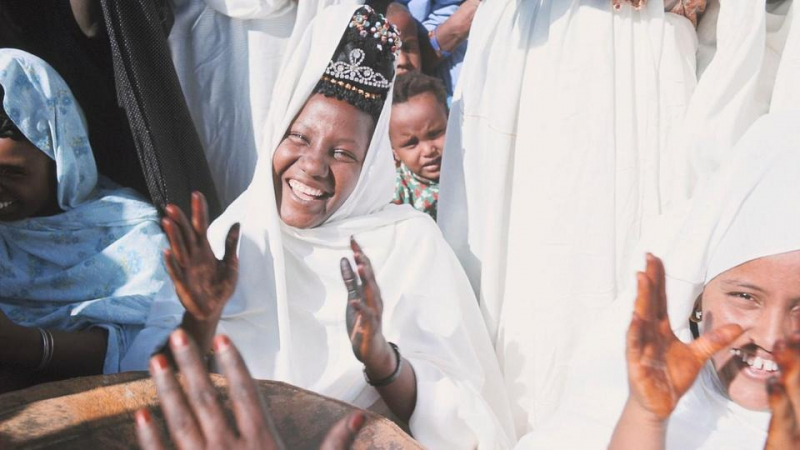
https://www.trtworld.com/ 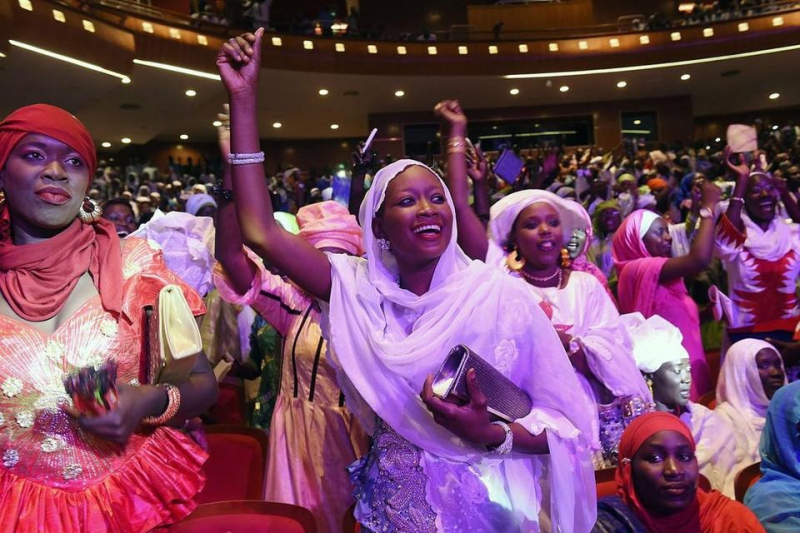
https://www.trtworld.com/





























